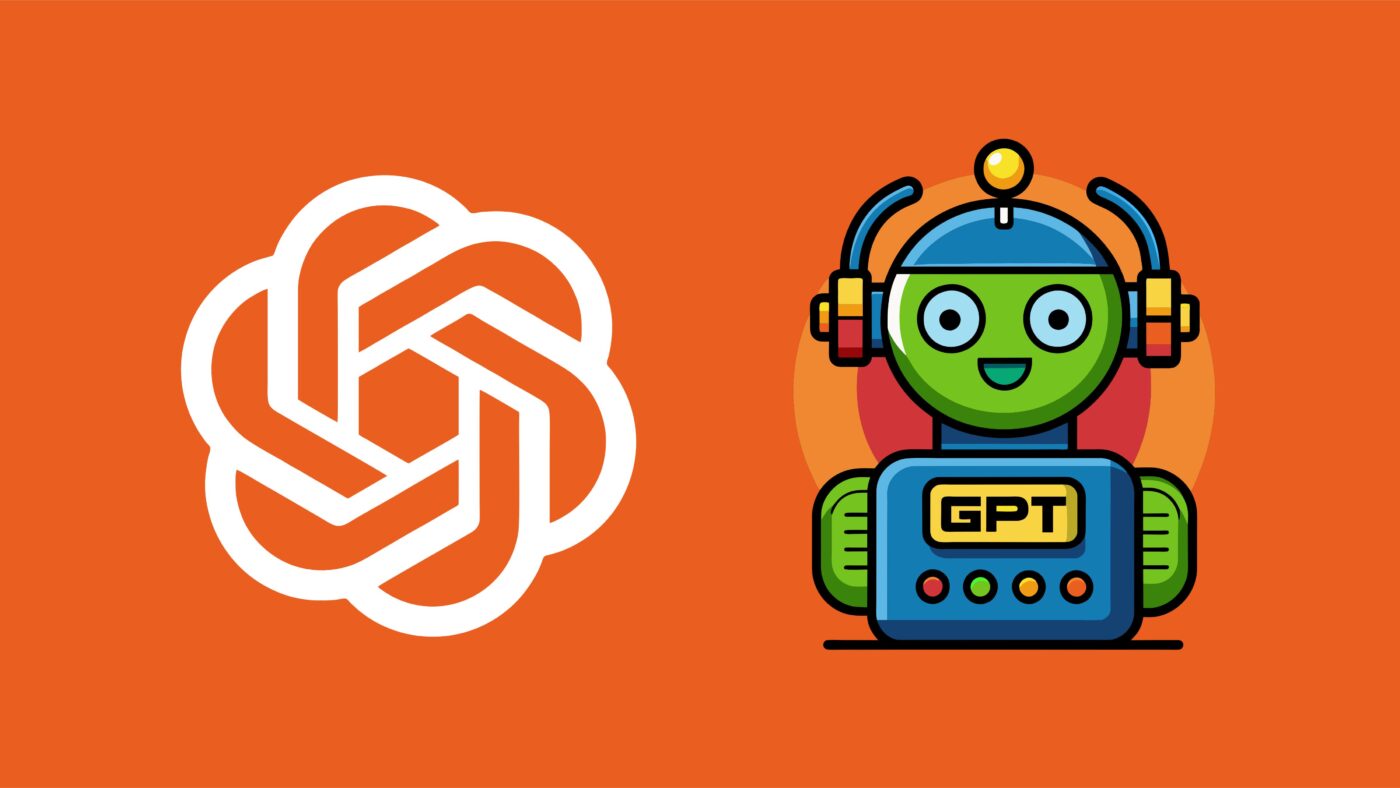Technology
Unveiling ChatGPT: Exploring the GPT-4 Turbo Upgrade
Introduction to ChatGPT
ChatGPT, developed by OpenAI, represents a significant advancement in natural language processing technology. It’s the next iteration following the groundbreaking GPT-3, offering enhanced capabilities and performance. This article explores ChatGPT’s features, applications, benefits, limitations, and its future trajectory.
Understanding GPT-4 Turbo Upgrade
ChatGPT’s evolution to GPT-4 Turbo signifies a leap in AI capabilities. The Turbo upgrade boasts improved language understanding, context retention, and generation accuracy. It incorporates advanced algorithms and larger training datasets, resulting in more nuanced responses and reduced biases. Performance enhancements ensure smoother interactions and higher-quality outputs, making ChatGPT an indispensable tool for various tasks.
Applications of ChatGPT
Content Generation
ChatGPT revolutionizes content creation by generating coherent and contextually relevant text across diverse topics. It assists writers, marketers, and educators in producing articles, advertisements, and educational materials efficiently.
Customer Service
Businesses leverage ChatGPT to enhance customer service experiences through chatbots and virtual assistants. Its ability to understand and respond to customer queries promptly streamlines support processes and improves satisfaction levels.
Creative Writing
ChatGPT fuels creativity by providing inspiration and generating ideas for writers, artists, and musicians. Its ability to mimic different writing styles and tones facilitates the creation of engaging narratives and compelling content.
Benefits of ChatGPT
Time-Saving
ChatGPT accelerates the content creation process, reducing the time required for research and writing. Its quick response times and automated generation capabilities enable users to meet tight deadlines effortlessly.
Cost-Effective
By automating repetitive tasks and reducing the need for human intervention, ChatGPT offers cost savings for businesses and individuals. It eliminates the need for hiring additional staff for content creation and customer support, leading to significant financial benefits.
Enhanced Productivity
ChatGPT enhances productivity by handling mundane tasks and freeing up time for more critical activities. Its ability to generate high-quality content on demand empowers users to focus on strategic initiatives and creative endeavors.
Limitations and Challenges
Despite its advancements, ChatGPT faces certain limitations and challenges.
Ethical Concerns
The use of AI-powered tools like ChatGPT raises ethical concerns regarding data privacy, algorithmic bias, and misuse of generated content. Ensuring responsible AI usage and implementing robust safeguards is crucial to mitigate these risks.
Accuracy and Reliability
While ChatGPT excels in generating coherent text, it may occasionally produce inaccurate or misleading information. Users must exercise caution and verify outputs, especially in sensitive or critical contexts, to maintain credibility and trust.
Future of ChatGPT
The future of ChatGPT holds immense promise, with ongoing research and development aimed at further enhancing its capabilities.
Potential Advancements
Future iterations of ChatGPT may incorporate advanced language understanding capabilities, multi-modal interaction, and personalized recommendations. These advancements will enable more natural and intelligent interactions, driving innovation across industries.
Integration with Other Technologies
ChatGPT’s integration with emerging technologies such as augmented reality, virtual reality, and blockchain holds exciting possibilities. Collaborative efforts and interdisciplinary research will unlock new applications and opportunities for synergistic innovation.
Conclusion
ChatGPT, with its GPT-4 Turbo upgrade, represents the pinnacle of natural language processing technology. From content generation to customer service and creative writing, its applications are diverse and far-reaching. While it offers numerous benefits in terms of time-saving, cost-effectiveness, and productivity, addressing ethical concerns and ensuring accuracy remain paramount. The future of ChatGPT is bright, with continuous advancements poised to redefine human-machine interaction and drive innovation.
Unique FAQs
- How does ChatGPT differ from its predecessors like GPT-3?
ChatGPT builds upon the foundation laid by GPT-3 with enhanced language understanding and generation capabilities, resulting in more accurate and contextually relevant responses. - Is ChatGPT suitable for all industries and applications?
While ChatGPT offers broad applicability, its effectiveness may vary depending on the specific use case and industry requirements. - What measures are in place to address ethical concerns associated with AI technologies?
OpenAI emphasizes responsible AI usage and collaborates with researchers, policymakers, and industry stakeholders to develop ethical guidelines and best practices. - Can ChatGPT be customized to suit individual preferences and requirements?
Yes, ChatGPT can be fine-tuned and customized through training on specific datasets or prompts to cater to diverse user needs and preferences. - What are some potential challenges in adopting ChatGPT for businesses?
Challenges in adopting ChatGPT may include integration with existing systems, managing data privacy concerns, and ensuring compliance with regulatory requirements.

